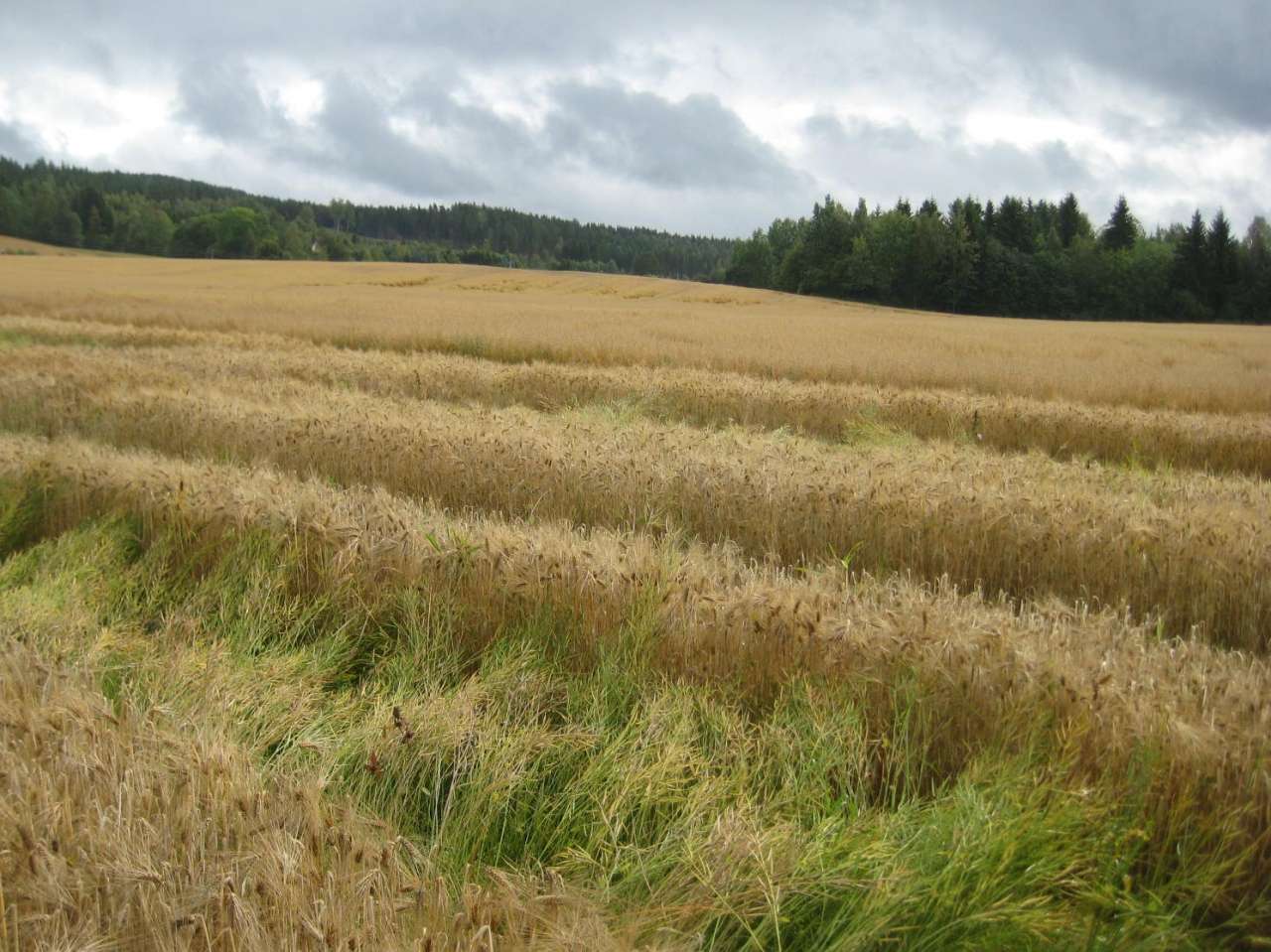Tailored measures to improve soil

Photo: Till Seehusen
In the SOILCARE research project, scientists have worked to find solutions to the challenges facing Europe's soil resources.
Many contemporary agricultural practices change the structure and composition of the soil, which results in reduced soil quality.
“By changing soil management practices, we can stop the deterioration of soil quality. This is critical if we are to maintain, and ideally increase, future food production,” says Jannes Stolte, head of the Norwegian side of the SOILCARE project.
In Norway, the trials have focused on investigating how cover crops can help to increase soil quality. Field trials were also carried out to determine whether various plants and their root systems can resolve soil compaction damage.
In the cover crop experiments, the researchers investigated whether cover crops sown in areas with a high quantity of open fields can increase the carbon content of the soil. Cover crops add biomass to the soil, thereby contributing to increased carbon sequestration. The increased addition of plant material can result in an increase in activity of the microorganisms living in the soil, which, in turn, can result in improved soil structure and a better release of nutrients to the plants.
Preliminary results from the field trials show that the root system of the perennial herb alfalfa can help to resolve soil compaction damage. The root system of the oil crop known as turnip rape, however, did not have the effect the researchers had hoped for.
The establishment of turnip rape did not go as well as was hoped, due to both the weather and the fact that the growing season is thought to be simply too short for turnip rape in the area in which the trials took place. The trials were negatively affected by the dry growing season in 2018, followed by a wet early summer in 2019.
The drought of summer 2018 had a negative impact on the establishment and development of cover crops. Of the cover crops sown, hairy vetch, perennial ryegrass and clover performed best.
Contacts

Contacts

